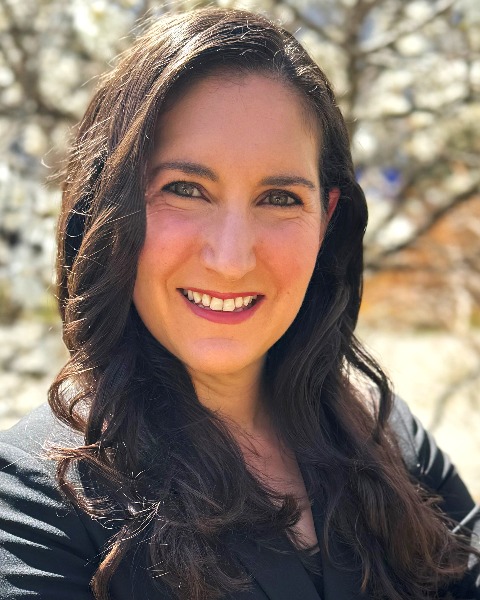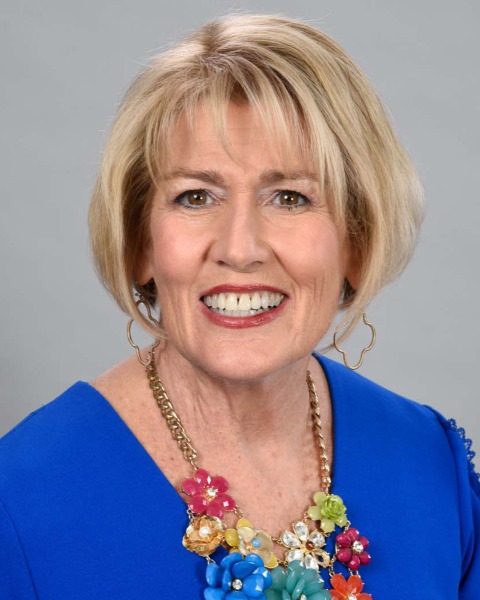
Juliana Cohen
Professor of Nutrition, Merrimack College & Harvard TH Chan School of Pubic Health

Monday, October 13, 2025
-
Music City Center, Room 207
Proficiency: Intermediate knowledge/experience
Tracks: Culinary Trends, Foodservice Innovation, & School Nutrition, Policy & Advocacy, Public Health & Community Nutrition
CPE: 1.0

Professor of Nutrition, Merrimack College & Harvard TH Chan School of Pubic Health

School Nutrition Consultant, School Nutrition Solutions
Members of the Academy of Nutrition and Dietetics receive exciting benefits including complimentary continuing professional education opportunities, discounts on events and products in eatrightSTORE.org, invitations to exclusive members-only events and more!